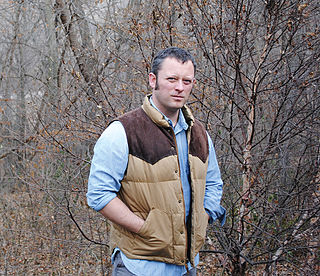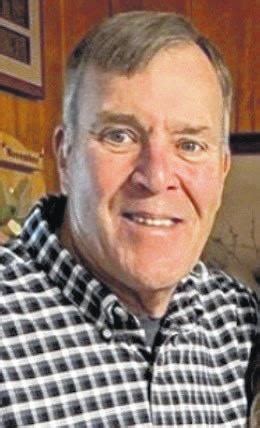A Quote by Susan Barker
There are many reasons I love novels with multiple narratives. In novels where the events are filtered through the consciousness of a single 'reliable' narrator, I often wonder, is this the whole story? What could be missing here?
Related Quotes
In Pakistan, many of the young people read novels because in the novels, not just my novels but the novels of many other Pakistani writers, they encounter ideas, notions, ways of thinking about the world, thinking about their society that are different. And fiction functions in a countercultural way as it does in America and certainly as it did in the, you know, '60s.






































